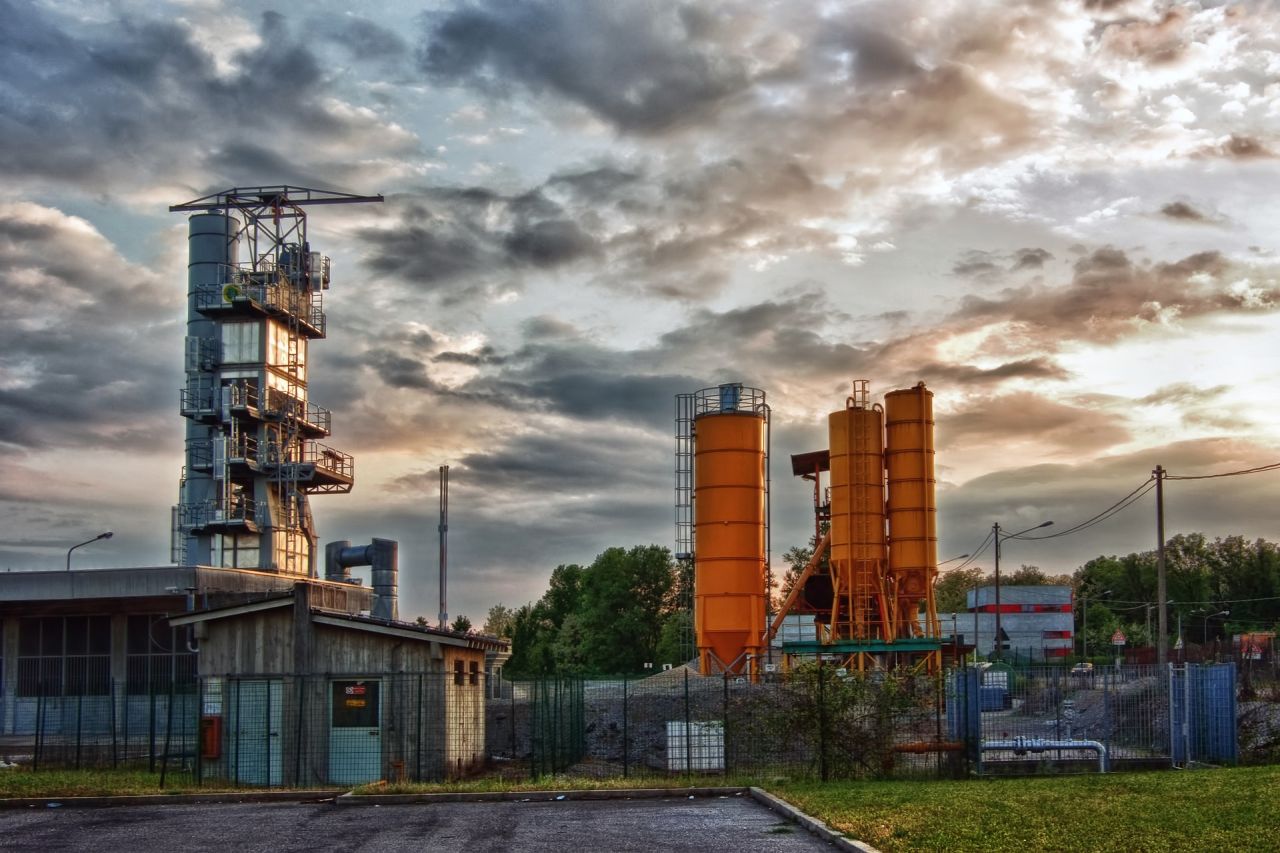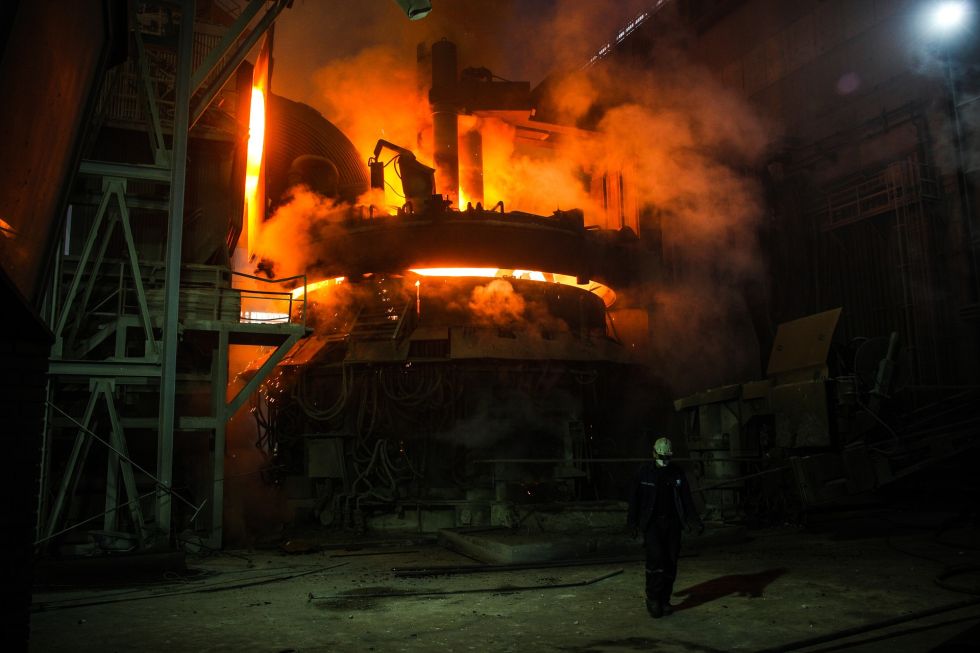Electric reactor could drastically reduce industrial emissions
Driving forward decarbonization
A new type of electric reactor from Stanford University is set to drive forward the decarbonization of energy-intensive industries.
Researchers at Stanford Engineering have developed a new thermochemical reactor. It can generate the enormous amount of heat required for industrial processes using electricity instead of fossil fuels. Energy-intensive industries such as steel and cement in particular still traditionally rely on natural gas and coal to generate the heat required for production. This causes enormous amounts of carbon dioxide emissions.
The new technology is based on the resistance heating process. It works by passing an electric current through a conductive material. Heat is generated due to the electrical resistance of the material. The higher the electrical resistance and the current strength, the more heat is generated. If electricity from renewable sources is used, CO₂ emissions could be significantly reduced or even eliminated.
It is particularly promising that this approach could support the electrification of industries that were previously considered difficult to decarbonize. The researchers hope that the technology will not only reduce emissions, but also increase energy efficiency in production.








